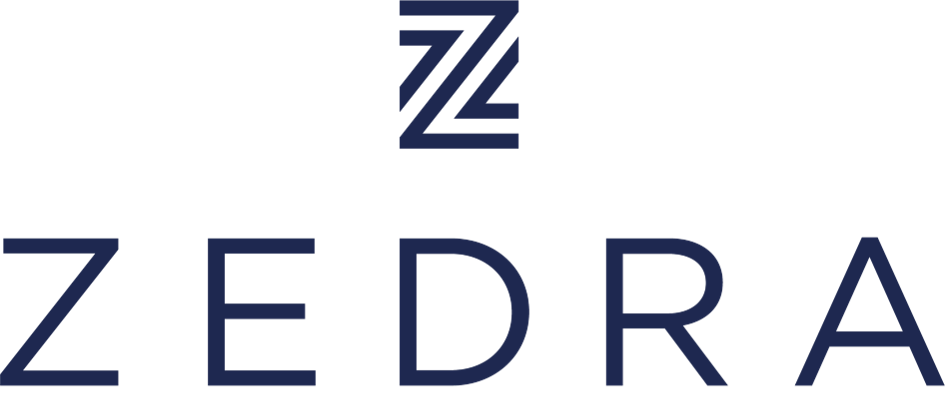AI's Effect on the Future of Compliance
Artificial intelligence (AI) has revolutionized industries worldwide, and compliance is no exception. Regulators are also paying attention. As regulations evolve, companies must adapt swiftly, and AI is becoming the focus of these transformations. For firms like Gryphon Compliance, AI offers new possibilities to automate processes, enhance risk management, and stay ahead of regulatory changes.
In this blog, I will outline the ways that AI is quickly reshaping the future of compliance. Keeping knowledgeable on these developments is one of the ways Gryphon Compliance is staying ahead of the curve compared to firms not prepared to embrace the future of technology.
Automating Routine Procedures and Regulatory Filings
Compliance professionals often deal with repetitive tasks, such as filing regulatory reports, collecting data, and managing documentation. AI-powered tools can automate these routine processes, saving time and reducing human error. This automation ensures that filings are accurate and timely. This frees up time to focus on higher-level strategic functions. By streamlining day-to-day operations, AI helps reduce administrative burdens while improving efficiency.
Real-Time Monitoring and Risk Detection
The days of periodic audits are being replaced by real-time monitoring. AI enables organizations to continuously track financial transactions, employee activities, and data flows to detect anomalies that may signal fraud, violations, or other risks. Using advanced algorithms, AI can identify patterns that may be invisible to human analysts. This helps flag risks before they escalate. Real-time risk detection means faster responses and more robust protection for organizations.
Navigating Regulatory Changes
The regulatory environment is in constant flux, and staying up-to-date with the latest changes can be challenging. AI helps navigate this evolving landscape by analyzing new regulations, comparing them to existing ones, and providing recommendations for regulatory developments. AI can monitor regulatory and legal updates across jurisdictions, ensuring companies remain compliant. This predictive capability ensures that organizations proactively adjust their strategies to align with future rules and regulations.
Marketing and Document Review
AI tools can be leveraged for analyzing documents, identifying potential compliance issues, and ensuring communication adheres to regulatory standards. Whether it’s reviewing financial disclosures or verifying that language complies with industry guidelines, AI enables faster and more accurate reviews, preventing potential violations.
Enhanced Data Analysis
AI excels at analyzing large data sets quickly and accurately. This translates to more effective monitoring of transactions, communications, and other business activities. AI tools can detect hidden correlations or risks that human analysts may miss, providing deeper insights into compliance performance. Enhanced data analysis helps make better-informed decisions and pinpoint areas for improvement with greater precision.
Training and Education
AI can transform how to educate stakeholders on regulatory changes. AI-driven platforms can be used to create tailored, interactive training programs that evolve as regulations change.These programs ensure that all stakeholders are always informed and up-to-date, reducing the risk of compliance violations. With AI, training becomes more dynamic, flexible, and personalized.
Efficient Adaptation to Changes in Business
As companies grow, merge, or enter new markets, their compliance requirements change. AI offers scalable solutions that adapt to these shifts. Whether a company is expanding its services, introducing new products, or facing an acquisition, firms need to adjust compliance protocols to fit the new landscape. This flexibility ensures that compliance remains robust and effective, even as the business evolves.
Jonathan Wowak is a Director of Gryphon Compliance Services.
He can be reached at jwowak@gryphongroup.us





